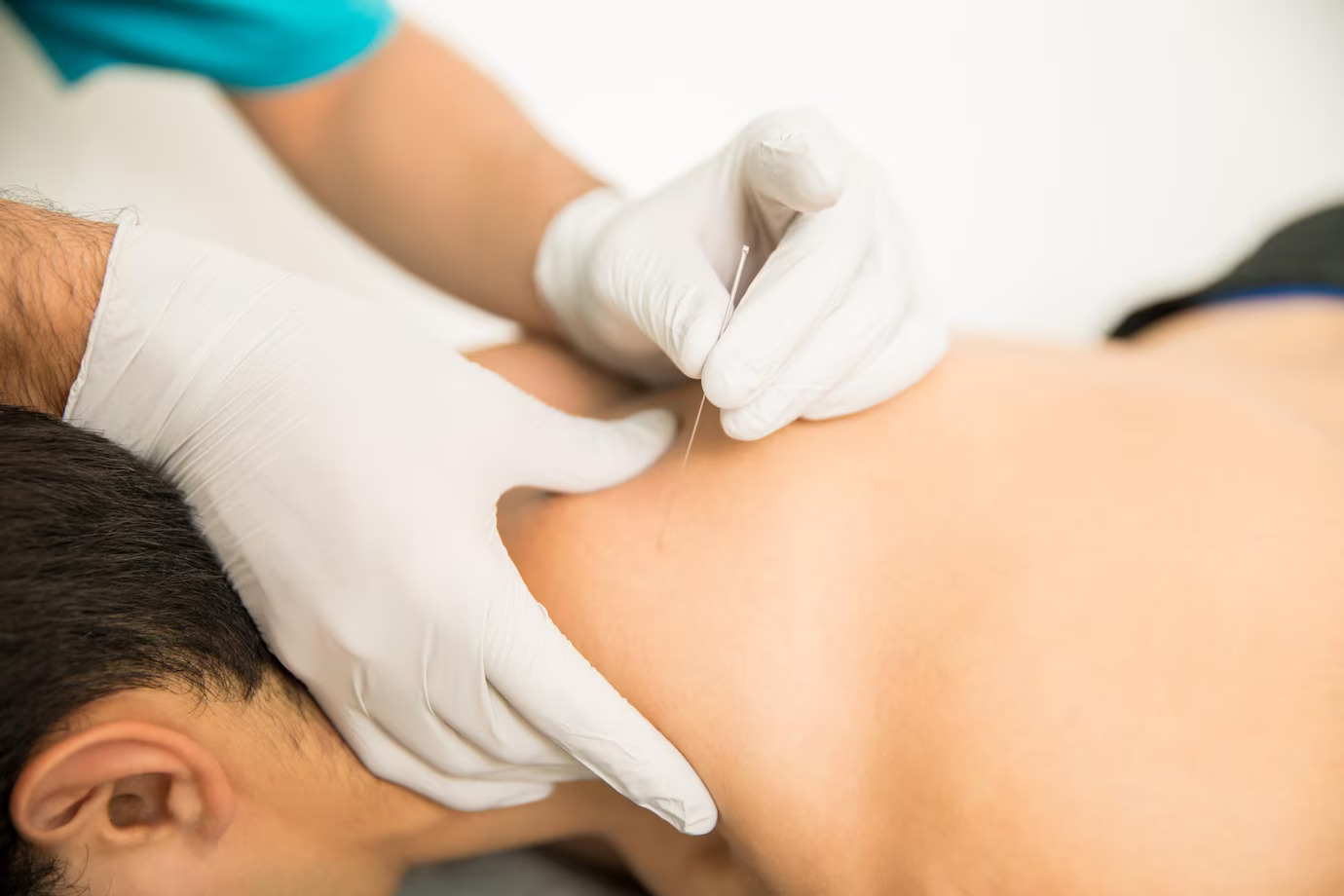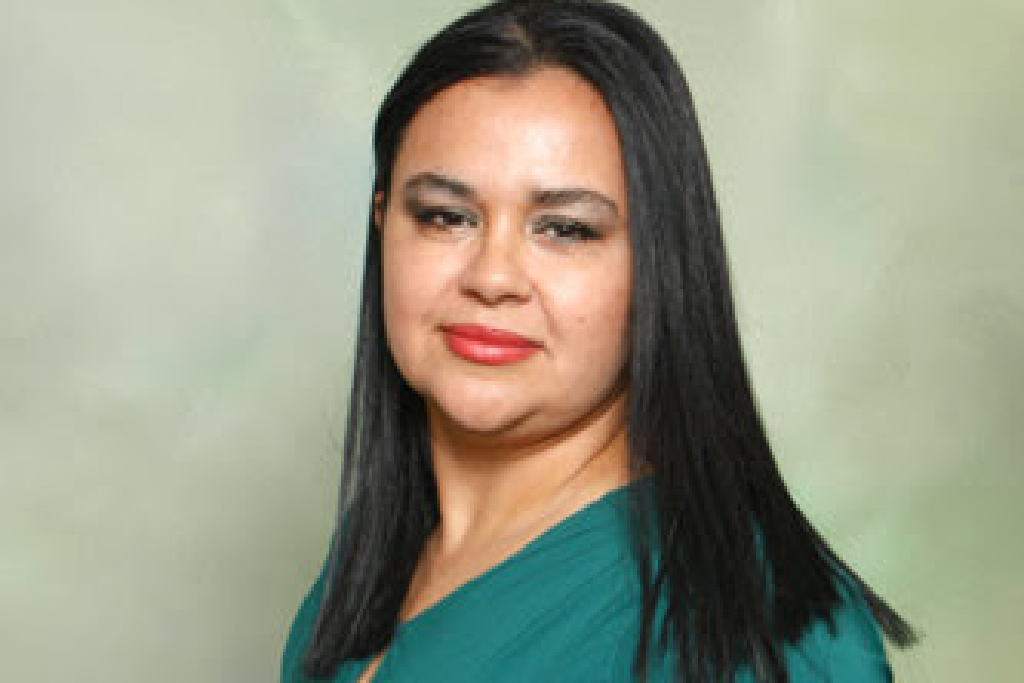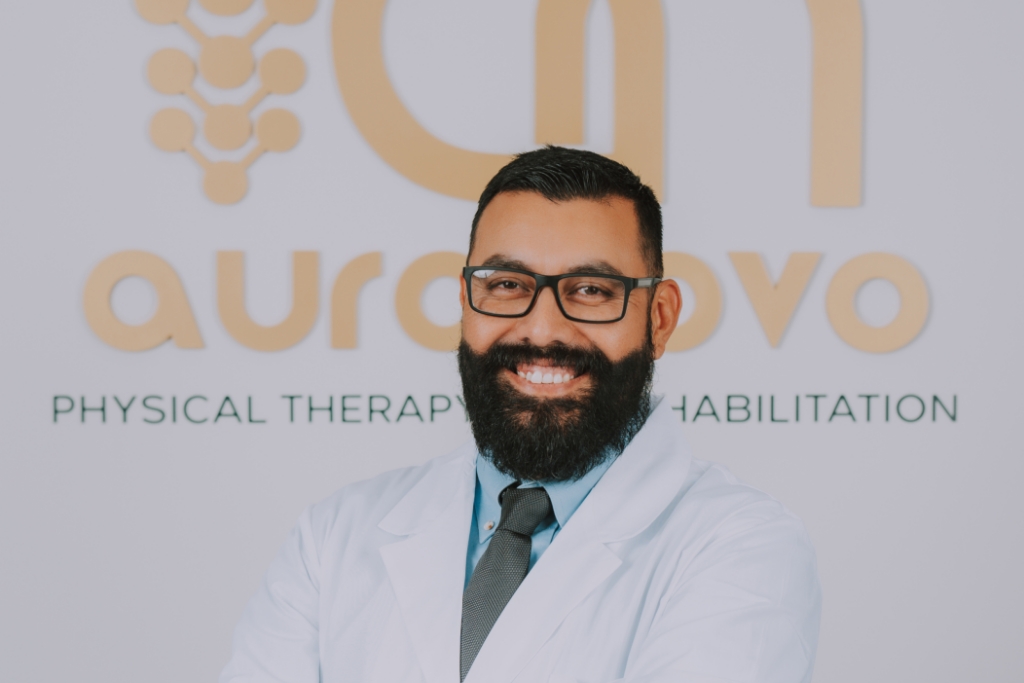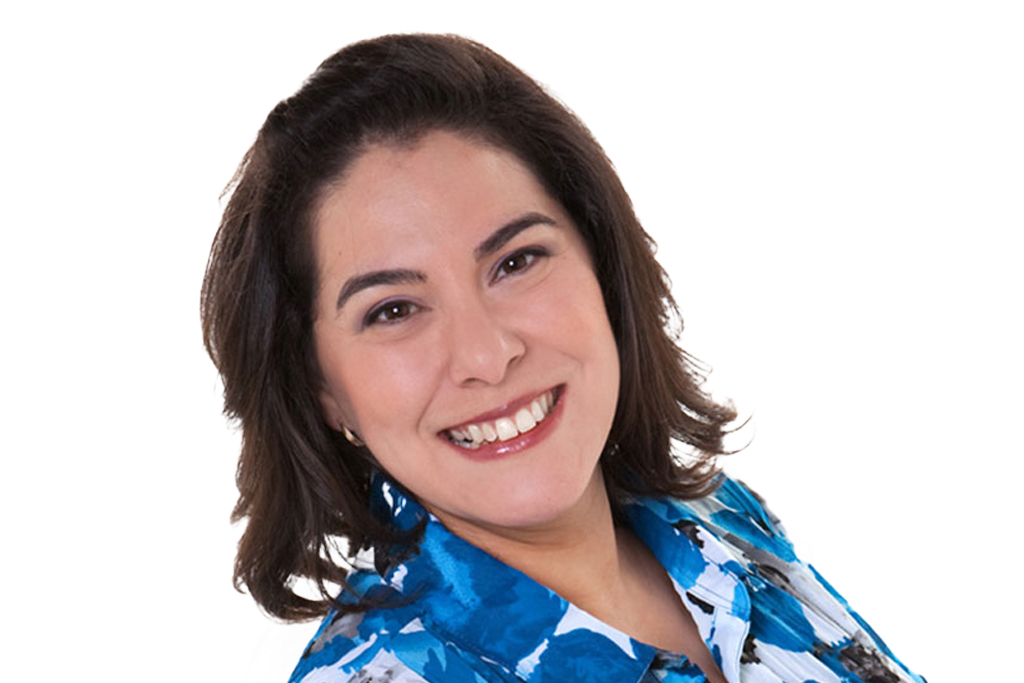Can Acupuncture Help With Fertility? The Benefits You Need to Know
Conceiving can be exciting, but it can also be stressful and frustrating at times, particularly when things don’t go as planned. Many people struggling with infertility often turn to other forms of help to increase the chances of getting pregnant. It’s been used for about thousands of years as a part of Traditional Chinese Medicine (TCM) to address numerous health conditions, such as pain, stress, anxiety, and sleep disorders. But when it comes to fertility, does acupuncture actually work? And how? Let’s get to the bottom of this! If you are considering going for acupuncture for fertility, here is a short overview on how it could help and what to expect.
Also Read:- Is Acupuncture Safe? Everything You Need To Know Before Your First Session
How Acupuncture Can Help with Fertility
Acupuncture is a therapy in which fine needles are inserted into certain points on your body. This is thought to enhance energy flow, balance hormones, lower stress levels, and enhance overall health. Some of the ways acupuncture can help fertility are:
Hormonal Balance: Acupuncture is one of the important ways that can help with fertility by balancing your hormones. Estrogen, progesterone, FSH (follicle-stimulating hormone), and LH (luteinizing hormone) are all important hormones in the process of ovulation, menstruation, and pregnancy. Acupuncture has been known to regulate these hormones, getting your body more prepared for conception and fertility treatments.
Improved Blood Circulation: Acupuncture is supposed to aid in promoting blood circulation, particularly to your reproductive organs like the ovaries and uterus. With better blood circulation, the quality of your eggs can improve and the uterine lining can become thicker. This might increase the chances of conceiving, thus ensuring that you can conceive and have a healthy baby.
Reducing Stress: Stress is an important factor that can affect fertility negatively by causing hormonal imbalances and altered ovulation. Acupuncture is known to help lower stress by releasing natural chemicals called endorphins. It also helps calm the nervous system, lower blood pressure, and improve your overall health. This relaxation can be especially helpful when you’re going through a stressful fertility journey.
Also Read:- From Pain to Balance: Explore Acupuncture’s Wonders
What Does Science Say About Acupuncture for Fertility?
There are varying theories on how acupuncture functions, and not everyone concurs about its science. Traditional Chinese Medicine (TCM) thinks that acupuncture restores the balance and enhances the flow of energy (termed “Qi”) in your body. If the flow is obstructed or not balanced, it causes illnesses. Acupuncture is supposed to restore the balance and enhance the general health.
Some healthcare providers believe that acupuncture works by stimulating the central nervous system. This means that the acupuncture points send signals to your muscles, spine, and brain, which can help release chemicals that improve your health.
Also, there is some evidence demonstrating that acupuncture can be beneficial when undergoing IVF (in vitro fertilization). An Australian study observed that women who underwent acupuncture as part of their IVF treatment were less anxious and more relaxed and felt better overall. Although further research is required to know how acupuncture is beneficial for fertility, numerous individuals have found acupuncture to be beneficial.
Also Read:- Acupuncture for Treating Insomnia
How Many Acupuncture Sessions Do You Need for Fertility?
The frequency of acupuncture treatments you will require depends on your individual circumstances and how far along you are in your fertility process. Most individuals begin with acupuncture 1 to 3 times a week. Some individuals require fewer sessions, while others may require additional ones, based on their health and objectives.
If you’re having acupuncture to prepare for conception, it’s usually advised to begin approximately 3 months prior to attempting conception. This allows your body sufficient time to react to the treatment and enhance your ability to conceive.
For women undergoing IVF, some doctors suggest doing acupuncture a few weeks before the embryo transfer, as well as on the day of the transfer. Some women continue acupuncture into the first trimester of pregnancy to help reduce the risk of miscarriage, but this varies by person.
When Should You Start and Stop Acupuncture for Fertility?
The overall advice is to initiate the acupuncture sessions roughly 3 months prior to attempting conception. This gives sufficient time for the treatment to take its impact on your hormones, circulation, and stress.
If you are undergoing IVF, beginning acupuncture prior to your treatment and maintaining it up to the embryo transfer can be helpful. Some even maintain acupuncture in the first trimester to prevent miscarriage. But even taking a few sessions during IVF has been proven to enhance relaxation and decrease stress.
Can Acupuncture Help Male Fertility?
Yes, acupuncture may help enhance male fertility as well, even though there is limited research on this. In some studies, it appears that acupuncture can enhance sperm quality, motility (movement), and concentration. Indeed, there’s evidence that acupuncture can be an effective treatment for male infertility in some situations.
But still, more research needs to be done in order to find out the exact way acupuncture is effective for male fertility. Laser acupuncture, which is light-based rather than needle-based, has also been shown to enhance sperm motility and concentration.
Conclusion
Acupuncture may be a valuable treatment to look for when you’re trying to conceive. Whether you want to balance your hormones, enhance blood flow to your reproductive system, or alleviate stress, acupuncture could improve your ability to conceive. Though the specific science behind why acupuncture is useful for fertility is not yet clear, many people find it to be a valuable complement to other fertility treatments.
If you are considering giving acupuncture a try, it is always a good idea to discuss this with your doctor beforehand. They will be able to advise you on whether or not it is a good idea for you and how best to incorporate it into your fertility treatment. Acupuncture may not single-handedly fix all fertility problems, but it may be a useful addition to your overall health and thus increase the likelihood of conception.
Frequently Asked Questions (FAQs)
1. Is acupuncture safe for fertility?
Yes, acupuncture is usually safe for fertility if conducted by a certified practitioner. Still, if you have any doubts, contact your healthcare provider.
2. How many acupuncture sessions are required for fertility?
It varies, but usually 1-3 treatments per week for 3 months prior to trying to conceive.
3. When should I begin acupuncture for fertility?
It’s good to begin acupuncture 3 months prior to attempting pregnancy, but also beneficial while going through IVF treatment.
4. Is acupuncture effective at improving male fertility?
Acupuncture can enhance the quality and mobility of sperm, although proper evidence is necessary to determine its worth for male infertility.
5. Is acupuncture painful?
Everyone experiences little or no pain while undergoing acupuncture because the needles they use are exceptionally thin and specialized.





